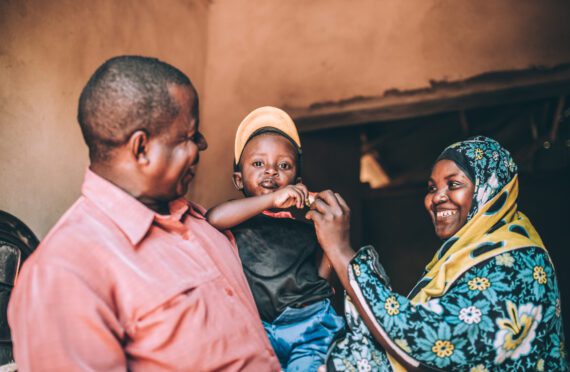By Rev. Dr. Angelique Walker-Smith
When [Jesus] saw the crowds, he had compassion for them, because they were harassed and helpless, like sheep without a shepherd. Then he said to his disciples, “The harvest is plentiful, but the laborers are few; pray therefore the Lord of the harvest to send out laborers into his harvest.” (Matthew 9:36-38)
The harvest season is normally beautiful, bright, and full of glory. In North America, many of us are now experiencing this as we view the colorful foliage and behold anew the beauty of the trees, leaves, and other plant life. No matter where you live in the world, you can witness this splendor of God’s glory through various media.
But today we are seeing fewer glimpses of this glory as climate change increasingly robs the earth of previously predictable seasons of transition. Instead, we see our lack of care for creation. We see a lack of human laborers planting good seeds for a harvest that feeds all.
These matters are being discussed this month at the UN Climate Change Conference of the Parties (COP26) in Glasgow, Scotland—even as climate change takes its devastating toll on the people and the land, dramatically decreasing access to nourishing food. As COP26 summons us to this emergency, we are reminded that the Bible has always summoned us to be good laborers who invest in good labors that yield harvests with and for all. Today, as in Biblical times, Matthew 3:22-23 suggests we are “falling short of the glory of God.”
It is especially hard to hear that we are falling short of God’s glory as we continue to cope with a pandemic that, like climate change, has deepened historic inequities and exposed the reality that not all people share in a just and plentiful harvest. These inequities are manifested in policies and practices that limit access to full employment, that limit access to land and nourishing food and water, and that limit access to a lifesaving vaccine. This reality bares our lack of will to eliminate gender and racial discrimination through systemic change.
Yet, God says that the harvest is plentiful—despite the few laborers committed to a harvest by and for all. While many of us do harvest what is good for us individually and within our family and friendship networks, the challenge and opportunity our faith offers is to live more fully into loving our neighbors as an expression of how we love God. I Corinthians 13 is our guide for appreciating the definition of love by all of us to harvest what God has given for all of us.
May this season be a time for you to recommit to this vision of harvesting individually and collectively with and for all, in love.
Angelique Walker-Smith is senior associate for Pan African and Orthodox Church Engagement at Bread for the World.



